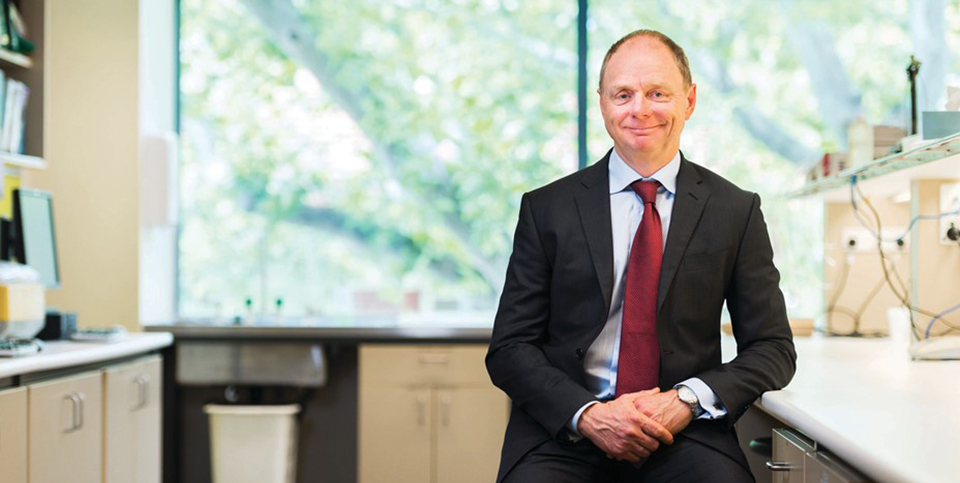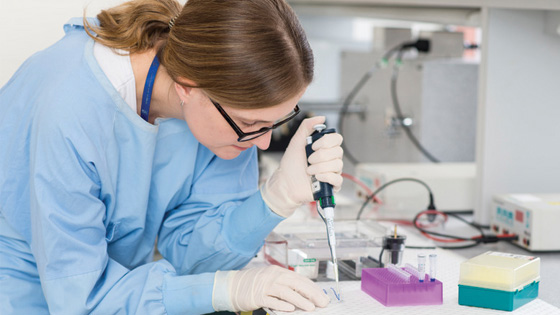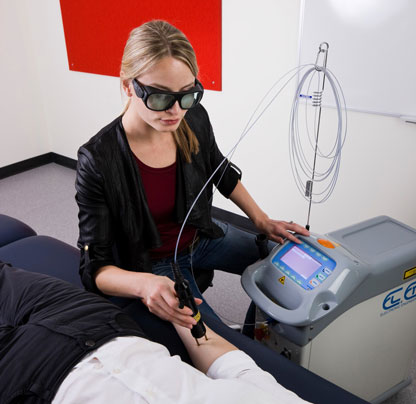
Professor Jason White, Adjunct Professor of Pharmacology at UniSA.
Research at the University of South Australia, funded by the Thyne Reid Foundation, has created an early warning system to help authorities tackle the rise of dangerous new recreational drugs in Australia – one of the best and most cutting-edge in the world.
Professor Jason White, Adjunct Professor of Pharmacology at UniSA, who leads the research project says the funding has enabled him and his team to determine the prevalence and frequency of the substances through examining wastewater across Australia.
“Our testing system detects trace drug chemicals that have been excreted into wastewater in order to help drug enforcement and health authorities stay at the forefront of the issues and hotspots associated with drug taking in Australia,” Professor White says.
“This testing uses auto-samplers in Australia’s wastewater systems to capture samples for screening and regularly report on drug trends for the National Wastewater Drug Monitoring Program.”
With the support of the Thyne Reid Foundation, Professor White and his team have been able to extend the test to form a picture of a dangerous new wave of synthetic drugs, or New Psychoactive Substances (NPS) entering Australia.
NPS are manufactured to mimic the effect of recognised illicit drugs, such as cannabis, cocaine, ecstasy and LSD, to stay above and ahead of the law. For example, synthetic cannabinoids (i.e. Spice, K2, Kronic, Northern Lights, Kaos) are substances that are functionally similar to delta-9-tetrahydrocannabinol, the primary element responsible for the psychoactive effects of cannabis.
NPS can include research chemicals, such as synthetically manufactured substances that have not been continued in testing, or new chemicals designed to replace the ingredients that have been banned or controlled due to their use in illicit drug manufacture. These substances have not been tested for safety in humans, nor dose controlled.
“Up until recently, illicit drugs have been largely plant based substances, or pharmaceuticals that are either manufactured illicitly or are no longer used in medicine.”
“In the past 10 years there has been a dramatic shift in the criminal drug market with the rise of new psychoactive substances and non-medical use of prescription drugs.”
New psychoactive substances (NPS) are a serious concern for drug authorities around the world. In 2018 the World Health Organisation reported that the number of NPS drugs in the market grew from 269 identified substances in 2012, to 479 in 2016.
“These new substances are designed to mimic well-known illicit drugs, and are often sold to buyers under the same name or added to the mix — so users may not actually know what they are taking.”
With two more young adult lives taken by recreational drugs at a music festival in Sydney this month, understanding the rise and pervasiveness of NPS in your local area is critical.
There are also a range of ‘natural high’ drugs in retail that claim all natural ingredients. However, many have shown to include synthetic chemical structures like benzylpiperazine (BZP), which can cause serious side effects including psychosis and seizures.
A UN report on the growth of NPS in the drug market calls for ‘early warning systems’ – highly sensitive monitoring systems that can detect new NPS compounds as they emerge.
“Australia’s wastewater drug screening system is one of the best in the world and our research has now been able to successfully add screening for many NPS drugs.”
“In our recent study, we found that a number of new NPS were being used across Australia. Some were used extensively and others sporadically, but the main type of substance was cathinones – substances that mimic methamphetamine.”
Results from the study showed that NPS drugs are a significant issue in Australia, but are not yet as common as the older pharmaceutical or plant-based drugs.
“We will continue to refine this monitoring system to better detect the many new NPS appearing in Australia. We are also working to make our methods even more sensitive in order to capture synthetic cannabinoids (another form of NPS), which are more difficult to capture.
“These cannabinoids mimic cannabis but are much stronger and more dangerous. This research is critical to stem the flow of new psychoactive drugs in Australia.”

100% of your gift will go directly to support health research at UniSA - there are no administration fees, no overheads and no hidden costs.
Support our researchers continue their work in preventing illness, improving health systems and services, creating more effective therapies, and advancing health equality.
